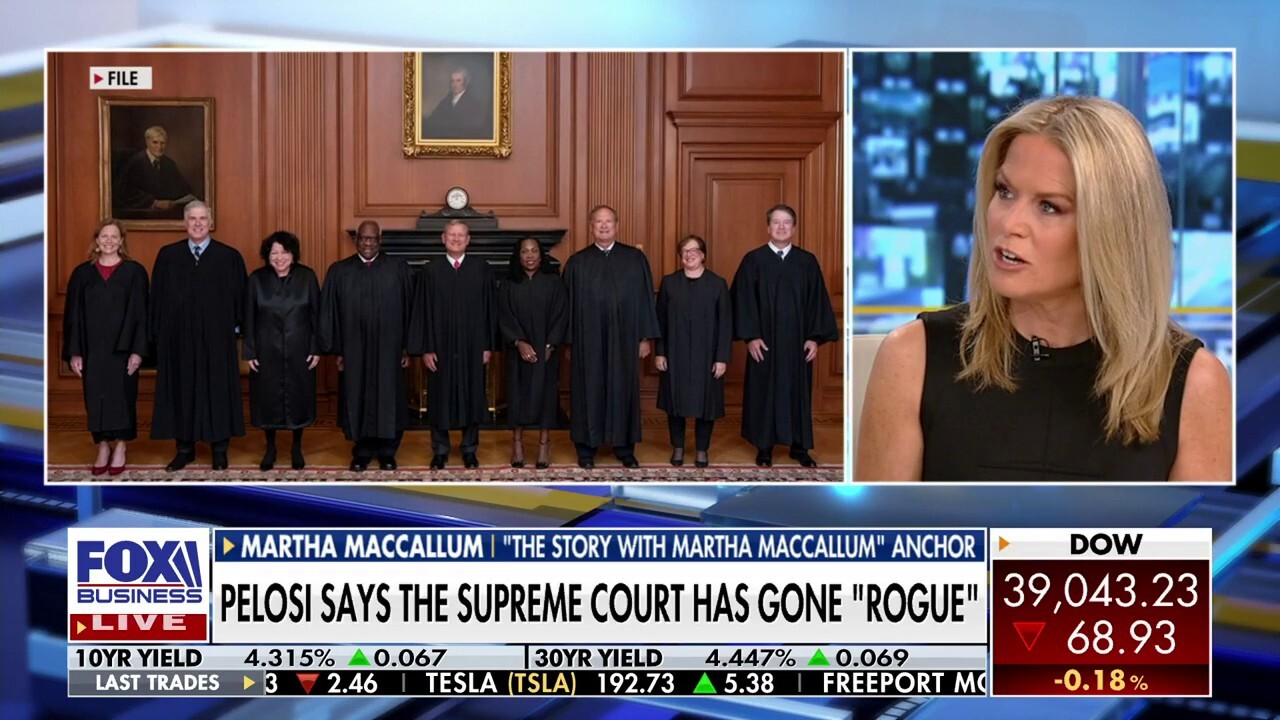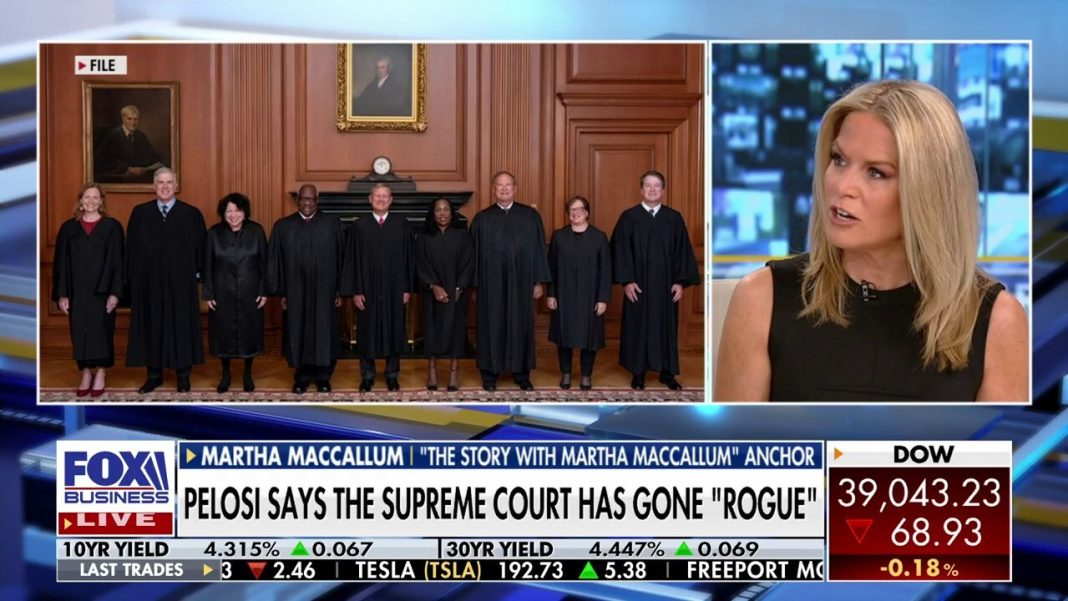 Supreme Court Rules Against Purdue Pharma in Opioid Bankruptcy Case
Supreme Court Rules Against Purdue Pharma in Opioid Bankruptcy Case
In a significant ruling, the Supreme Court decided 5-4 on June 27 that U.S. bankruptcy law does not permit courts to approve Purdue Pharma LP’s bankruptcy settlement, which would have extinguished claims from individuals alleging harm caused by opioid use. The case, known as Harrington v. Purdue Pharma LP, centered around whether the drug maker’s restructuring could include legal protections for the Sackler family, who founded the company. Justice Neil Gorsuch wrote the majority opinion, with Chief Justice John Roberts and Justices Brett Kavanaugh, Sonia Sotomayor, and Elena Kagan dissenting.
Purdue Pharma, based in Stamford, Connecticut, has faced accusations of playing a major role in fueling the ongoing opioid crisis through irresponsible marketing practices. The company manufactures oxycodone, marketed as OxyContin and other names, which is a popular painkiller. Purdue Pharma has also faced criminal prosecution in connection with opioids.
When the company initiated its bankruptcy proceeding in 2019, members of the Sackler family agreed to contribute approximately $6 billion to settle future opioid-related lawsuits. In return, they sought release from liability in future lawsuits. However, the total payout to opioid victims, hospitals, and states is expected to exceed this amount. The reorganized company will now focus on addressing opioid abuse.
It’s worth noting that the Sacklers themselves did not file for bankruptcy and have not been involved in the company’s affairs since 2019. The family was previously listed by Forbes magazine as the 19th wealthiest family in the United States, with an estimated net worth of $13 billion.
The Biden administration objected to the release signed by the Sacklers, characterizing it as an abuse of the bankruptcy system. The government argues that the release unfairly denies opioid claimants their day in court since it extinguishes their claims, except for those brought by the United States.
During the oral argument on December 4, 2023, U.S. Deputy Solicitor General Curtis Gannon contended that the Sackler family was receiving lenient treatment. He pointed out that while the family extracted approximately $11 billion from Purdue Pharma in the 11 years preceding its bankruptcy filing, they did not file for bankruptcy protection themselves or make all their assets available to the estate.
The U.S. Court of Appeals for the 2nd Circuit had previously approved a Chapter 11 reorganization plan for Purdue Pharma, which included the release of claims against nondebtors like the Sacklers. The government argued that this release went beyond what the bankruptcy law authorized and conflicted with the comprehensive scheme of the Bankruptcy Code.
The release allowed the Sacklers to determine their contribution, effectively granting them a discharge similar to what they would receive if they were personally filing for bankruptcy. However, even such a discharge would not extend to claims involving fraud and willful misconduct.
In conclusion, the Supreme Court ruling against Purdue Pharma’s bankruptcy settlement is a significant development in holding the company accountable for its alleged role in the opioid crisis. The decision underscores the importance of ensuring fair treatment for opioid claimants and upholding the integrity of the bankruptcy system.

